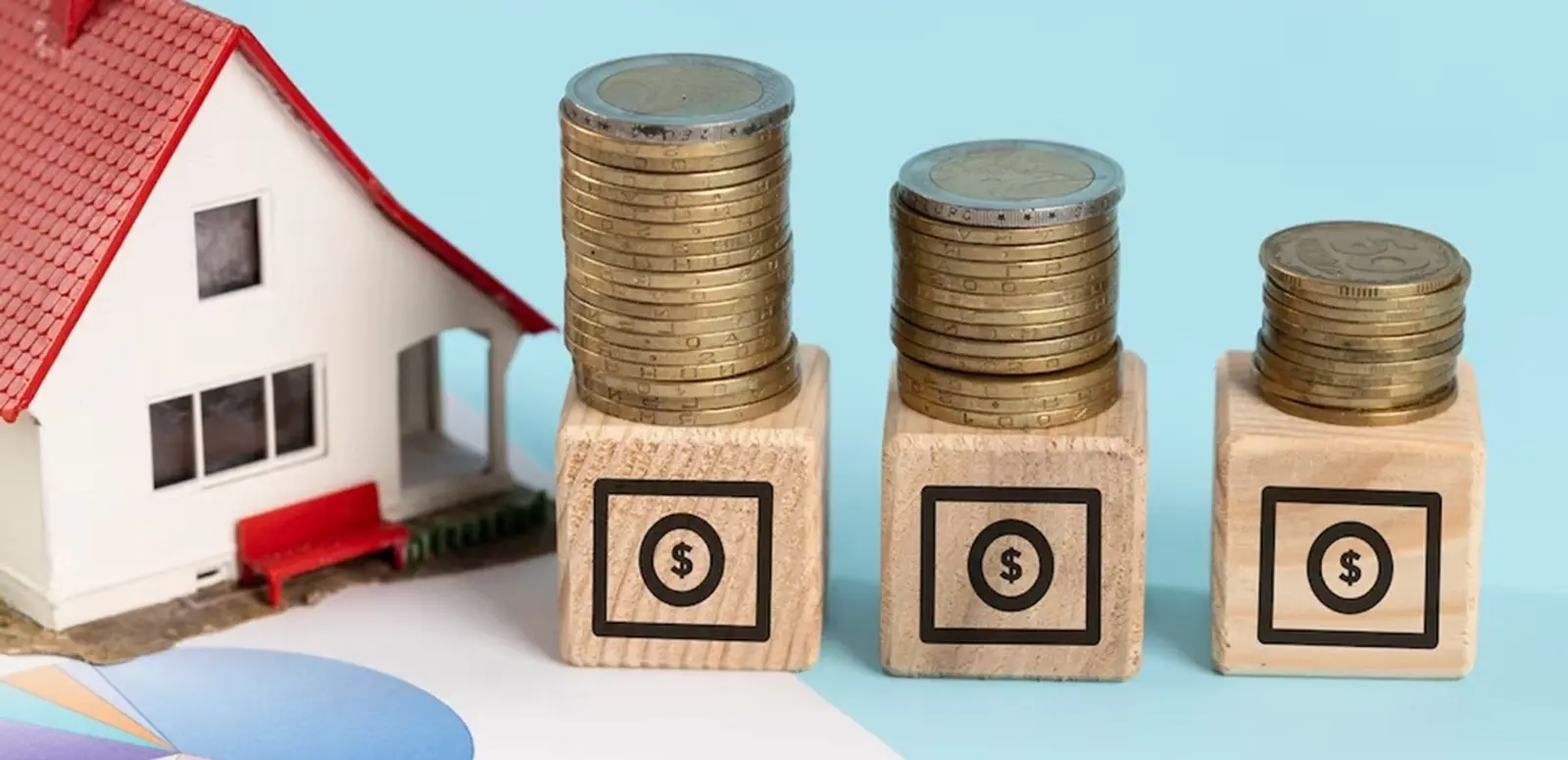Dive into the contemporary landscape of reverse mortgages, tailored to Canadians aged 55 and above. Balancing the desire to stay in beloved homes with financial peace of mind, the reverse mortgage has surged in popularity. Whether it's boosting cash flow, renovating, or aiding loved ones, this financial solution offers up to 55% of home value as tax-free funds, all without ongoing monthly payments. Experience homeownership anew, with Equitable Bank Reverse Mortgage Solutions.
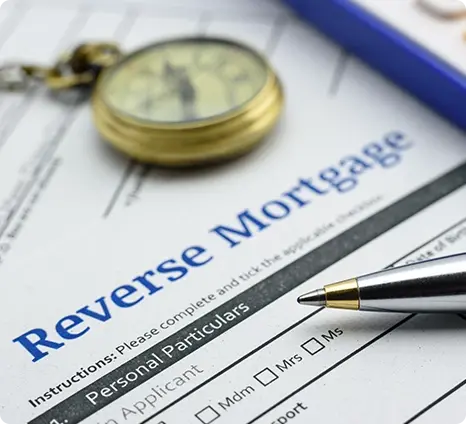
The reverse mortgage market today
Canadians aged 55+ are living longer and want to stay in the homes they love, but they need the financial peace of mind to do it—which is why the reverse mortgage continues to gain popularity.
If you’re looking to improve cash flow, pay off an existing mortgage, clear balances on existing credit cards and loans, make home improvements, or gift a down payment to a loved one, a reverse mortgage might be the right solution for you. We can help.

What is a reverse mortgage?
A reverse mortgage is a simple way to turn a portion of your hard-earned home equity into tax-free cash—with no ongoing payments required.
-
Borrow up to 55% of your home’s value
-
No monthly mortgage payments required
-
Receive your tax-free funds as a lump sum or over time
-
Retain ownership of the home you love
A reverse mortgage turns your home equity into cash that can be used any way you like.
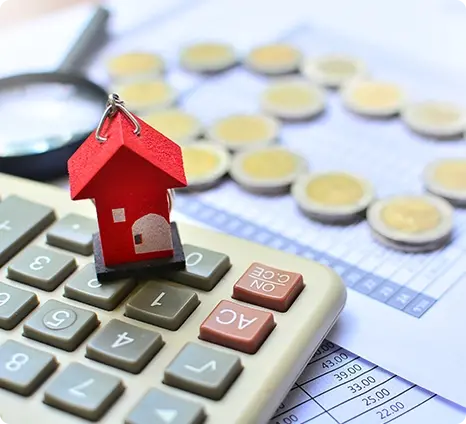
Reasons to consider a reverse mortgage
If you’d like to boost your retirement income, a reverse mortgage allows you to access up to 55% of your home’s equity in tax-free cash.
Some of the more popular reasons for taking on a reverse mortgage include:
-
Paying off existing debts like a traditional mortgage
-
Gifting money to family
-
Improving your quality of life
-
Adding safety features to or renovating your home
-
Buying an investment or vacation property
-
Paying for health care or in-home care
Remember, you can also pay off your existing traditional mortgage to eliminate payments and increase cash flow—the options are endless.

Benefits of a reverse mortgage
The benefits of a reverse mortgage don’t just stop at the ability to cash in on your home’s equity. In fact, these benefits also include:
-
Title and ownership of property remain in homeowner’s name
-
No monthly mortgage payments required
-
Prepayment penalties waived in the event of death or care home placement
- With a reverse mortgage, you no longer own your home
- You’ll owe more than the value of your home
- Reverse mortgages are expensive
- Reverse mortgages have higher interest rates
- You can’t pass on your home
FALSE. You always maintain title, ownership, and control of your home, as long you continue to meet your mortgage obligations (i.e., paying property taxes and maintaining the home). The reverse mortgage lender simply has a first mortgage on the title, in the same way as a traditional mortgage.
FALSE. It is federally mandated that all reverse mortgages come with a “no negative equity guarantee.” As long as you meet the required mortgage obligations, the amount you owe on the due date will not exceed the fair market value of your home.
FALSE. An appraisal of your property and independent legal advice is required for a reverse mortgage. Additional fees include a closing and administration fee. When compared to alternatives like downsizing or moving to another home, a reverse mortgage can be an affordable option.
DEPENDS. While interest rates are typically higher than a traditional mortgage, it’s important to remember that for many retired Canadians, monthly mortgage payments are difficult to afford. Plus, many struggle to even qualify for a traditional mortgage. For these reasons, many retired Canadians choose a reverse mortgage over traditional solutions.
FALSE. Your heirs will always have the option to keep the property by paying off your reverse mortgage after you pass away. In addition, with the “no negative equity guarantee,” your heirs will never owe more than the fair market value of the home, as long as all mortgage obligations were maintained.
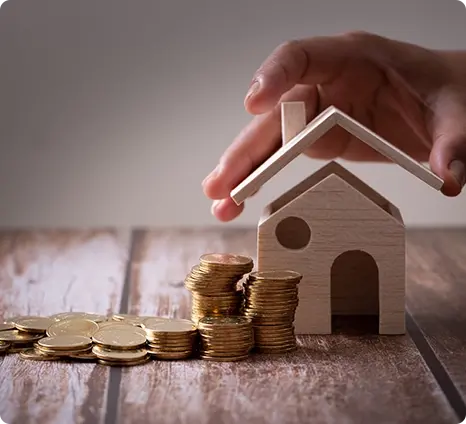
Are you eligible for a reverse mortgage?
Thousands of Canadian homeowners are already enjoying the benefits of a reverse mortgage.
To be eligible, you must be:
-
A homeowner
-
Aged 55+
-
Live in your home for at least 6 months of the year
If there are other individuals listed on your home’s title, they must be at least 55 years old.
Individual lenders will have other specific requirements—talk to us about the solutions available to you.

Reverse mortgage due dates
Your reverse mortgage due date is established when the earliest of any of these events occurs:
-
Sale or transfer of the property
-
The last borrower moves into a long-term care or retirement residence
-
The last borrower passes away
-
Default (such as not maintaining the home and property taxes)
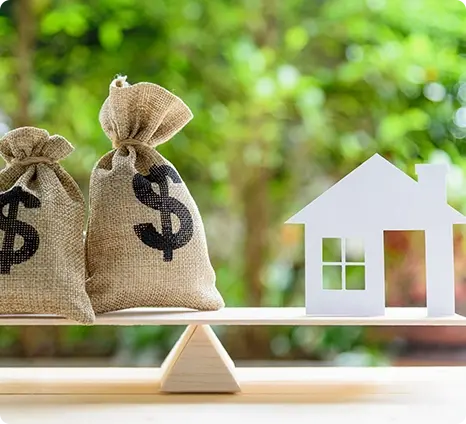
Receiving the proceeds from your reverse mortgage
Depending on your individual circumstances and the lender you choose, the following funding options are typically available:
-
Initial advance / lump-sum
-
Ad-hoc advances
-
Recurring / scheduled advances (i.e., monthly, quarterly)
Unlike traditional mortgages, no regular payments are required until the reverse mortgage becomes due. However, provided that certain conditions are met, you typically have the option of prepaying some of your principal or interest.
Lenders in Canada offer reverse mortgages with distinct prepayment charges. Contact us to learn more.

Things to consider
Before getting a reverse mortgage, here are some questions to consider asking us:
-
How can I receive the funds from a reverse mortgage?
-
What fees are involved?
-
What interest rate will I have to pay on the money I borrow?
-
Can I pay the loan early without incurring prepayment charges?
-
If I were to sell my home, would I be subject to any penalties?
-
If I were to move out of my principal residence, when would I have to pay off the loan balance?
-
If I pass away, how much time will my estate have to pay off the loan balance?
-
What happens if it takes my estate longer than the stated period to fully repay the loan?
Let us help you today.

Additional resources
The following resources offer further reading on reverse mortgages:
-
Reverse mortgages (Financial Consumer Agency of Canada)
-
Every Canadian deserves to live retirement on their terms. Contact us to find out more about Reverse mortgage options.
-
Myths and facts of reverse mortgages
-
Home equity options: When should you choose a reverse mortgage over a conventional mortgage or HELOC?
-
“Which reverse mortgage is right for me?” (compares Equitable Bank and HomeEquity)

